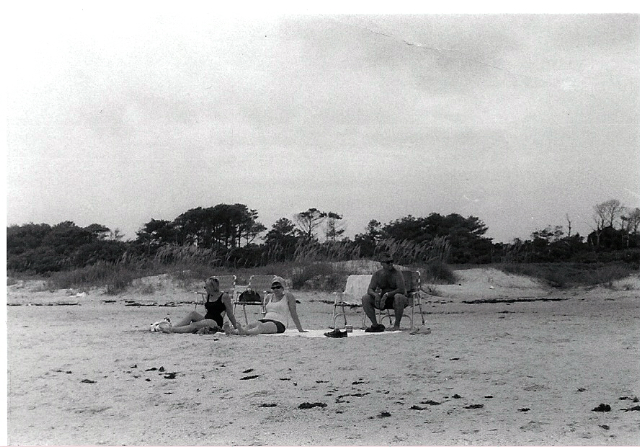One of the best gifts we can give to someone is listening to what they have to say. Really listening with our full and undivided attention.
Look around you. Take notice of how distracted most people are. We are so busy that we multitask while talking to our children and grandchildren, text while sitting down for a meal, and keep that cell phone turned on “just in case”. Distraction is everywhere. It almost seems as if the art of conversation, of being fully engaged in a verbal exchange with another human being, is becoming a thing of the past. There was a time when “restaurants” with big screen TVs didn’t exist. In fact, most of us were made to turn off the TV when dinnertime rolled around. In my home, if a friend called during a meal, they were politely asked to call back later. Remember when homes had only one, maybe two, phones? Even as recently as when I would drive my daughter to and from her dance classes, which were several nights a week, we had no cell phone to interrupt our conversation. You got your kids in the car and you had a captive audience for the duration of the ride. And so did they!
There is nothing worse than trying to tell a person what is on your mind while having them text someone under the table, or “having” to take that phone call, or being so distracted by what else is going on around them that they end up only hearing a portion of what you are saying. Worse yet are the “dates”, where you will see a young couple out to dinner, she sitting there smiling while he gets to watch the big sporting event on the billboard sized TV that is hanging in the restaurant. The sad thing to me is that there are young women out there who take this as normal and seem totally OK with it.
Those of us at midlife and older know that life exists without constantly being plugged in. We have a vague recollection of giving and receiving undivided attention. We know what it’s like to read facial expressions and pick up on body language. We have eaten meals- appetizer to dessert- without looking at a TV or taking a phone call or texting under the table.
The current heat wave most of the country is experiencing this week is straining the power grid with extra air conditioning demands. This morning I received a recorded phone message from my power company asking customers to please refrain from using anything but totally necessary appliances in an effort to avoid an overload. After all, what would we do if, God forbid, we lost power and had to sit for an afternoon and actually interact with one another?

